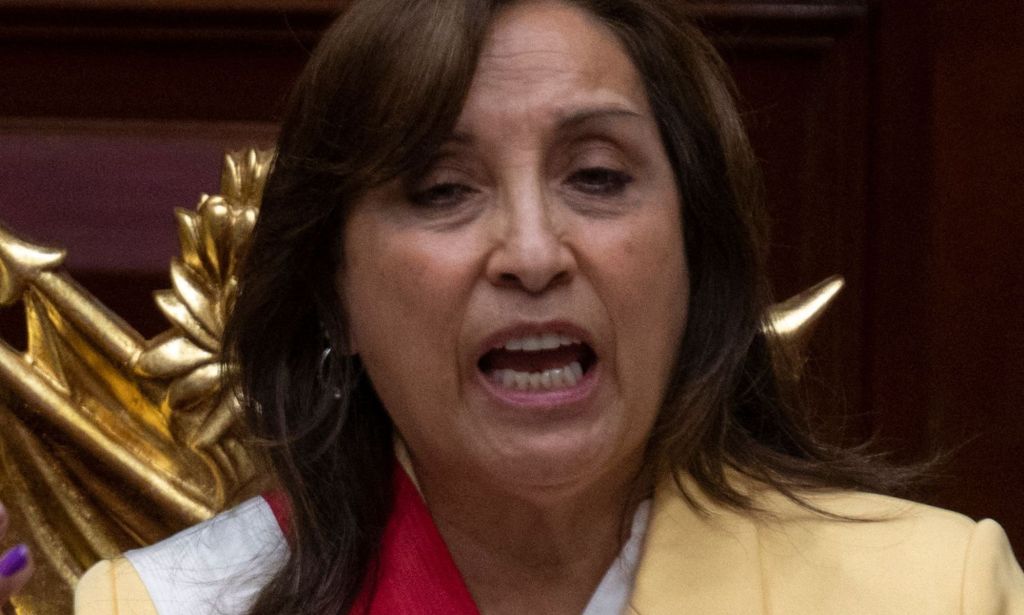Peru classifies trans people as ‘mentally ill’ after government decree

Trans, non-binary and intersex people in Peru will be classified as ‘mentally ill’ after a government decree. (Getty)
Trans, non-binary, and intersex people in Peru are now classified as “mentally ill” following a decree from the government’s health ministry.
The decree, signed by Peruvian president Dina Boluarte, defines “transsexualism” and “gender identity disorder in children” as mental illnesses.
It also categorises “dual-role transvestitism,” “fetishistic transvestism,” and “other gender identity disorders” under the same bracket of mental illness.
The country’s health ministry reportedly claimed following the decree’s announcement that it was the only way it could “guarantee full coverage of medical attention for mental health.”
The decree will change language in the Essential Health Insurance Plan (PEAS) to reflect the view of trans and intersex people as a mental health disorder.

The health ministry stressed in a statement on Friday (11 May) that despite the decree, LGBTQ+ people should not be subjected to so-called “conversion therapies” and pointed to a 2021 resolution which protects against conversion therapy practises.
Trans groups across Peru have loudly condemned the decision as a step backwards for the country’s already complex relationship with LGBTQ+ rights.
Jheinser Pacaya, director of OutfestPeru, said in a statement posted on X/Twitter that Peru’s trans community will not rest until the decree is repealed.
He continued that the government has “nothing better to do” than to attack trans people with the decree, adding that it comes over 100 years following the decriminalisation of homosexuality in Peru in 1924.
Similarly, the LGBTQ+ rights group Red Peruana deplored the move for further stigmatising the Peru trans community, saying that the policy is based on an “outdated” view of gender identity.
Percy Mayta-Tristán, a medical researcher at Lima’s Scientific University of the South, told the Telegraph that the decree lacks awareness of complex LGBTQ+ issues.
“You can’t ignore the context that this is happening in a super-conservative society, where the LGBT community has no rights and where labelling them as mentally ill opens the door to conversion therapy.”
An Ipsos poll from early 2023 found that 81 per cent of Peruvian citizens believe trans people face a great deal of discrimination in society today.
How did this story make you feel?

